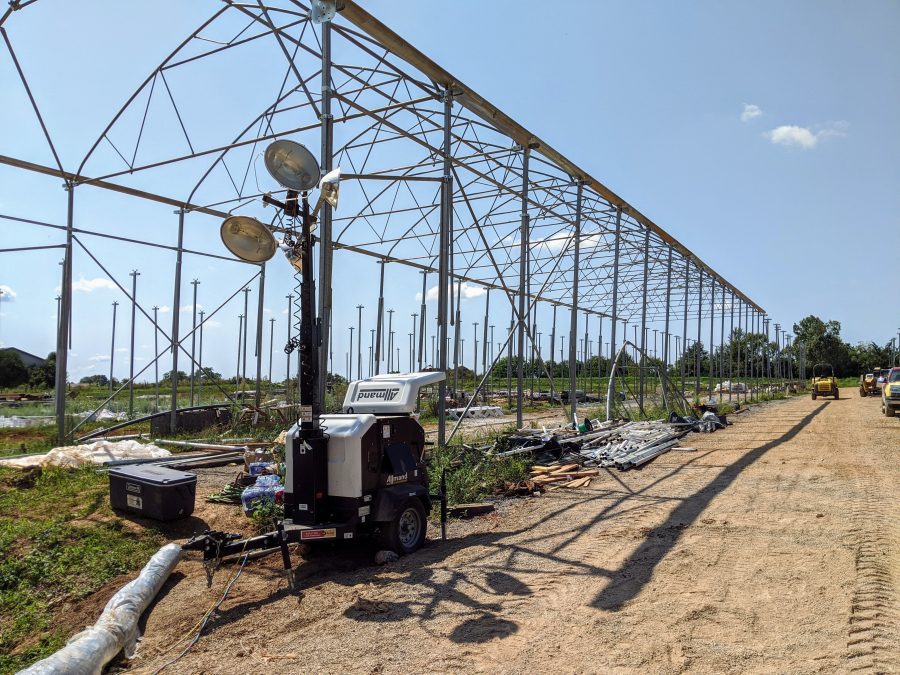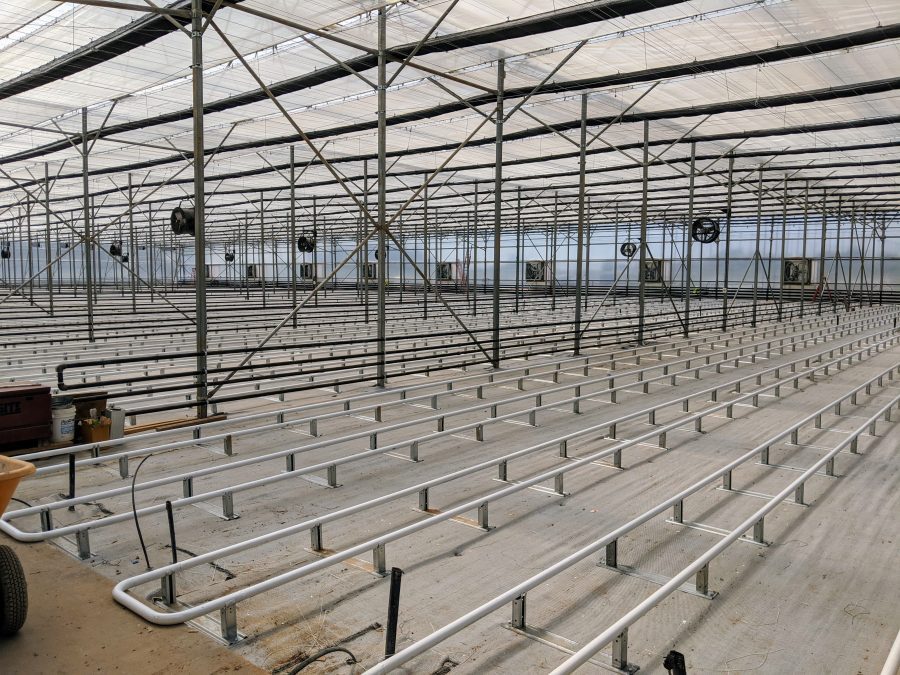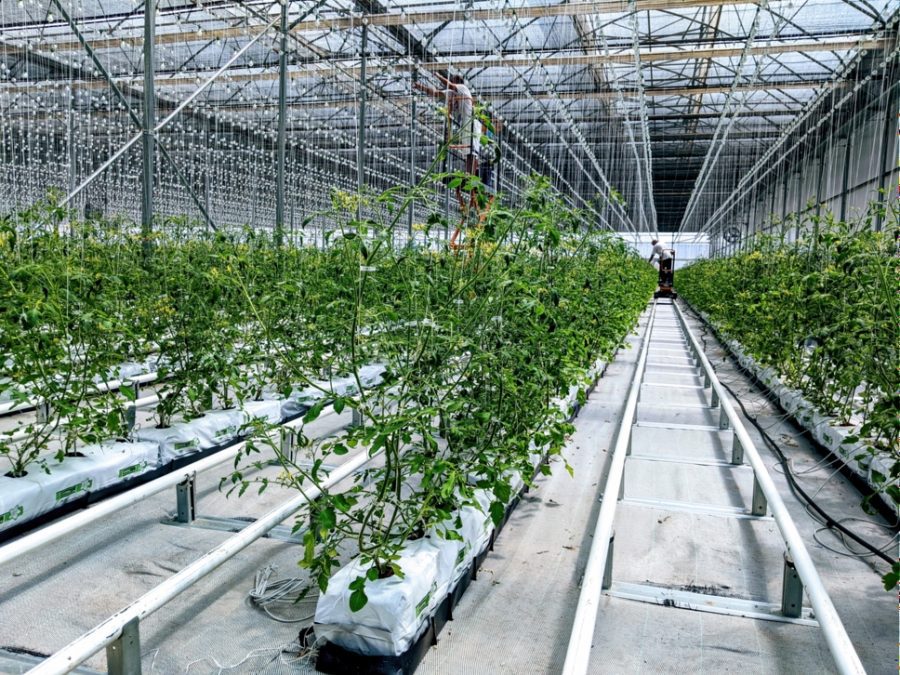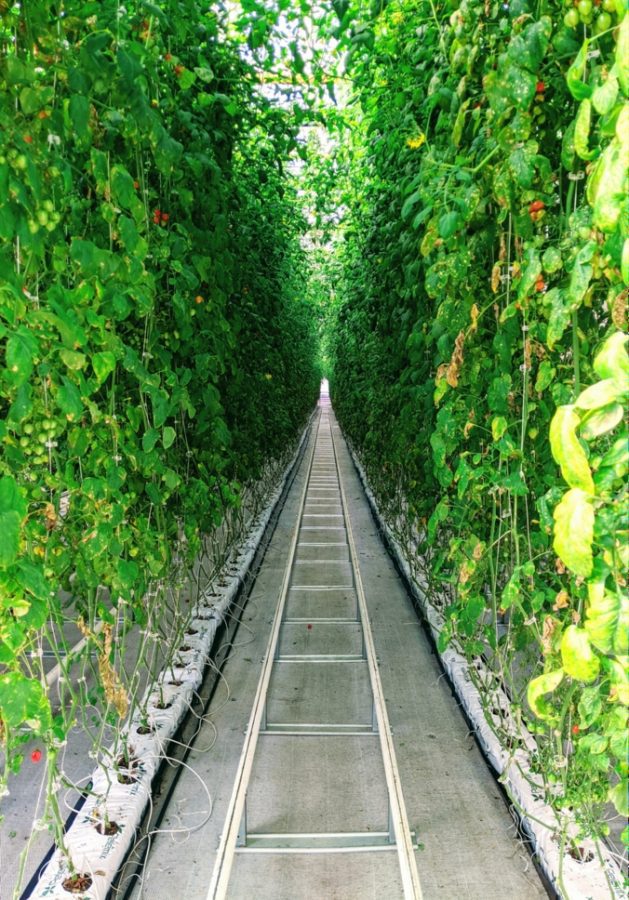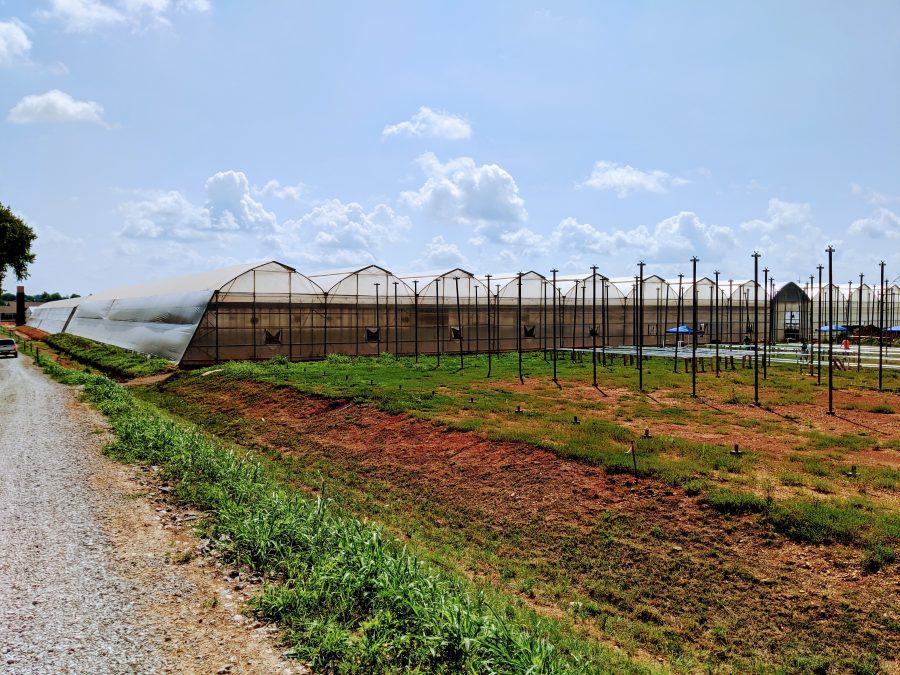VITOK Greenhouse Design Engineering Project Gets Nod From Forbes
All ArticlesGreenhouse Design Engineering
From Curt Meltzer – CEO KY Fresh Harvest
In 2016, we made a promise – to bring 21st century technology and knowhow to Stanford and build a new farm so advanced that it could inspire many more people to change the world in a positive way. Along the way we faced regulatory roadblocks and engineering obstacles and we came to understand that to keep this promise, we needed to find a local engineering partner that shared our values. I’m pleased to say that we found that partner in VITOK Engineers, and we haven’t looked back since. Their team took the time to learn about our operation and the challenges we faced on an extremely detailed level and developed a comprehensive, multi-stakeholder strategy to see us through the storm. They have been an integral part of completing our heating and electrical systems, our irrigation and CO2 systems, our power upgrades and they have even provided outstanding construction management services as we needed it. With VITOK’s help, we are keeping that promise to our community and, in the process, making improvements to the efficiency of our systems that will pay dividends for years to come.
VITOK Engineers’ greenhouse project for Kentucky Fresh Harvest got a mention by Forbes in an article about the development of High-Tech Agriculture in the United States. The article states:
The new future economy of the region could lie in high-tech greenhouses. Not only are they more eco-friendly, the facilities are more economically-efficient, and could bring life-support to an overburdened agriculture sector.
VITOK Engineers is able to utilize our decades of multi-discipline experience in process design, instrumentation & automation, power distribution, structural engineering, and construction oversight to make the facility a reality. This process design effort optimizes the temperature, humidity, carbon dioxide levels, and light for the crops. The future of agriculture on the planet lies in intelligent use and conservation of resources to optimize every minute of the opportunity for growth.
Forbes sites:
“The advantages of protected cultivation compared to outdoor production of vegetables are the mostly better product quality and higher input efficiencies of water, nutrients and crop protection agents (physical consumption related to level of yield). Moreover, protected cultivation is less dependent on the climate factor and ensures the delivery of products in time.”
